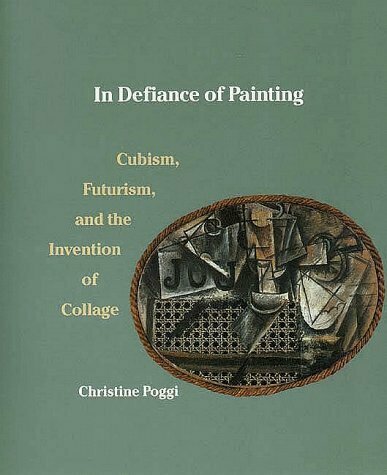The invention of collage by Picasso and Braque in 1912 proved to be a dramatic turning point in the development of Cubism and Futurism and ultimately one of the most significant innovations in twentieth‑century art. Collage has traditionally been viewed as a new expression of modernism, one allied with modernism's search for purity of means, anti‑illusionism, unity, and autonomy of form. This book — the first comprehensive study of collage and its relation to modernism — challenges this view. Christine Poggi argues that collage did not become a new language of modernism but a new language with which to critique modernism. She focuses on the ways Cubist collage — and the Futurist multimedia work that was inspired by it — undermined prevailing notions of material and stylistic unity, subverted the role of the frame and pictorial ground, and brought the languages of high and low culture into a new relationship of exchange.
- / Автор
- / Персоналия
- / Персоналия
- / Персоналия
